Dealing with Permission for Loft Conversion and House Extension
What you need for loft conversion?
Permitted Development Allowance
You do not need planning consent as construction and extension of loft in most houses and bungalows falls under Permitted Allowance category. It is only apartments, maisonettes, and certain other types of structures where this job requires planning consent.
Planning Permission
You need to obtain a certificate of planning permission from local authority in your area. This is in case your structure does not fall in the category of permitted development. Authorities decide whether loft conversion in your house is lawful and it should proceed or not. They could take 6 weeks to decide upon the validity of this construction after receiving an application from you. If you are working with Room at the Top, we keep in touch with the authorities and follow the advice given by the Planning Officer.
Planning Permission becomes necessary if loft conversion activity in your property affects your neighbours or even the surrounding environment. Our technical advisors take care of these issues before construction begins so that there is no delay in getting the necessary planning permission.
Certificate of Lawful Use
If you want to remove all worries about Planning Permission, it is a good idea to get a certificate of Lawful Use from the local authorities. If you have this certificate it means that your construction is lawful and falls under the category of Permitted Development Allowance. Though obtaining this certificate is not mandatory, it could be asked by your buyers in case you decide to sell your house in future.
